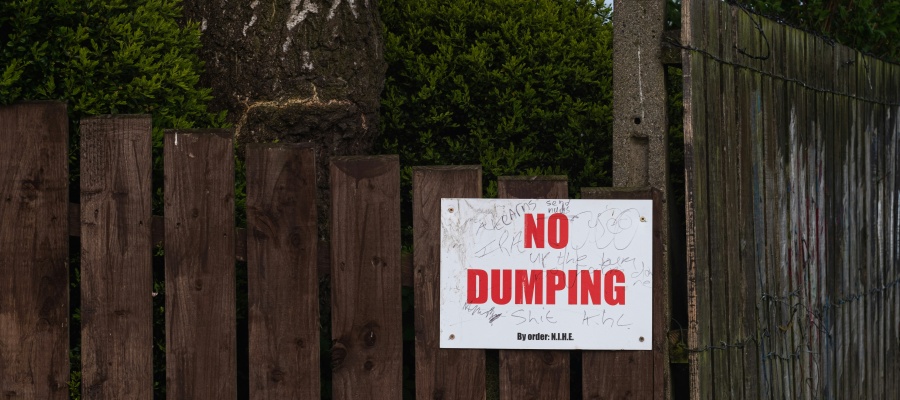Tensions between the European Union and China escalated further this week as European spirits producers, including key figures from the Cognac industry, rejected accusations of dumping at a formal hearing in Beijing. The 18 July meeting was the latest development in an ongoing anti-dumping investigation launched by China into European brandy imports, a move widely seen as a response to recent EU tariffs on Chinese electric vehicles.
Cognac producers defend practices at Beijing hearing
The hearing, requested by European representatives and granted by the Chinese Ministry of Commerce, brought together European trade officials and executives from the spirits sector. According to the Bureau National Interprofessionnel du Cognac (BNIC), which represents the Cognac-producing region of France, the session provided a critical opportunity for European stakeholders to counter what they called “unfounded allegations.”
The BNIC’s post-hearing statement emphasized that claims of European producers selling brandy below market value were neither technically nor legally justified. “Those representing the EU and French brandy producers have firmly reiterated the absence of dumping, injury or threat of injury, as demonstrated by the evidence provided,” the BNIC stated.
The European Commission was represented at the hearing by its ambassador to China, with support from the French, Spanish, and Italian embassies. A number of company executives, including chairman and managing directors, were also present, though specific brands or companies were not named.
Investigation timeline and scope
The Chinese anti-dumping investigation was first launched on 5 January 2024 and focuses on brandy and Cognac imported in containers of less than 200 litres between 1 October 2022 and 30 September 2023. The probe also examines whether these imports caused harm to China’s domestic brandy industry during the broader period of 1 January 2019 to 30 September 2023.
At the heart of the matter is China’s claim that European spirits are being sold in the country at below-market prices, undermining local producers. European stakeholders, however, argue that this investigation is politically motivated—a direct retaliation for Brussels’ move to impose tariffs of up to 38.1% on Chinese electric vehicles, which the EU claims are being dumped into its market.
According to the BNIC, over 90% of the European brandy being scrutinized in this case is Cognac, meaning the French industry is particularly vulnerable to any retaliatory tariffs that may result from the investigation.
Political backdrop and rising trade tensions
The timing of the anti-dumping probe coincided closely with the EU’s move against Chinese EV manufacturers, triggering speculation that brandy was chosen as a symbolic and strategic countermeasure. In April, Chinese Minister of Commerce Wang Wentao visited Paris to discuss the electric vehicle dispute, further highlighting the growing complexity of EU-China trade relations.
Industry leaders have grown increasingly concerned that Cognac could become a casualty in a broader trade war. While the Chinese investigation is technically focused on trade practices, many in the industry see it as a tit-for-tat maneuver in a much larger geopolitical standoff.
The European side has been attempting to de-escalate the situation by cooperating fully with the Chinese authorities. “This hearing is part of the willingness of the associations, as well as European companies, to cooperate fully… in the context of this procedure,” said the BNIC.
Industry awaits potential tariff decision
As the investigation moves closer to a conclusion, Cognac producers are bracing for the possibility of steep tariffs on exports to one of their most important markets. China represents a significant share of the global Cognac trade, and any restriction could have far-reaching effects across the industry.
A final decision on the matter is expected as early as August. While the outcome remains uncertain, European stakeholders are urging Chinese authorities to assess the case based strictly on evidence and international trade law, including World Trade Organization (WTO) rules.
In its closing remarks following the hearing, the BNIC reiterated the European industry's hope for a fair review. “European associations and companies remain firmly committed to this procedure in order to demonstrate its lack of legal and technical basis. They expect the Chinese authorities to examine this procedure on the basis of the facts and in full compliance with the rules of law.”
As both sides await the next steps, the Cognac sector—and the wider European spirits industry—will be watching closely. The coming weeks may prove pivotal not just for brandy exports, but for the future of EU-China trade relations.


